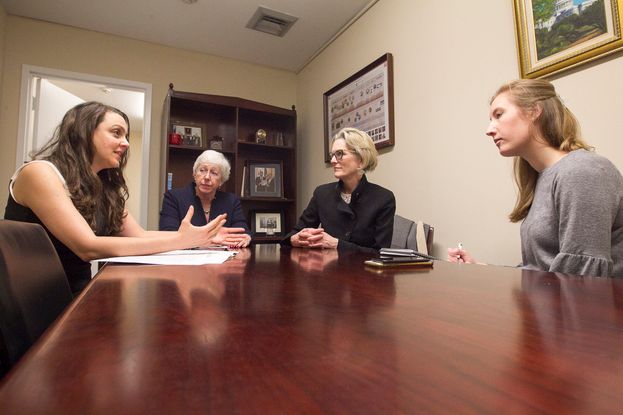Halting Prior-Authorization Abuses in Medicare Advantage
Issue
The Centers for Medicare & Medicaid Services estimates that by 2019, 40 percent of beneficiaries will be in Medicare Advantage plans rather than fee-for-service Medicare. These plans use prior-authorization as a tool to drive down health care costs. This has led to a significant increase in the number of services requiring prior authorization. Many are now related to sight-saving surgery, creating huge financial and time burdens on ophthalmology practices.
The Academy believes a lax federal regulatory environment is making these abuses possible. It’s especially concerning when some of our patients are forced to delay medically necessary care.
"I've had two patients who had legitimate reasons for cataract surgery,” said Woodford S. Van Meter, MD., of Lexington, Ky. “We listed them for surgery and went through the prior-authorization process. But prior authorization didn't materialize."
CMS could easily correct this practice by reminding these plans that they must cover all services covered under Part A and Part B of Medicare. Furthermore, the agency can and should remind the plans that prior-authorization requirements may not impose an inappropriate barrier to access.
Academy Action
Prior-authorization abuse by Medicare Advantage plans is the latest target of the Academy's two-year push for regulatory relief for physicians and patients.
We're urging CMS to instruct its plans on when such a tool is appropriate. We’re also suggesting administrative changes that will help streamline the process.
We’re also taking this fight directly to the Medicare Advantage plans. In Florida, for example, the Academy partnered with the Florida Society of Ophthalmology to seek an end to prior-authorization abuses by Simply Healthcare, CarePlus and Prestige Health Choice. All three are using prior authorization to delay medically necessary, monthly intravitreal injections. These treatments are critical for our patients with neovascular age-related macular degeneration. We reminded each plan that this practice is illegal.

Lisa Njim, MD, left, speaks with purpose to urge a staffer for Rep. Peter Roskam, R-Ill., to heed the Academy's advocacy on Medicare issues. Dr. Njim is joined by Cathy Cohen, center-left, the Academy's vice president for government affairs, and Ruth D. Williams, MD, center-right.
Impact
We’re also using every opportunity to engage with CMS’ leaders to urge immediate action on this issue. To bolster this effort, we continue to grow an Academy-led coalition of physician organizations that has taken up our cause. We’re mustering support for congressional action on this issue.
CMS continues to request information on prior-authorization abuse that can help its decision-making, which reassures us that this isn’t an issue that is falling through the cracks.